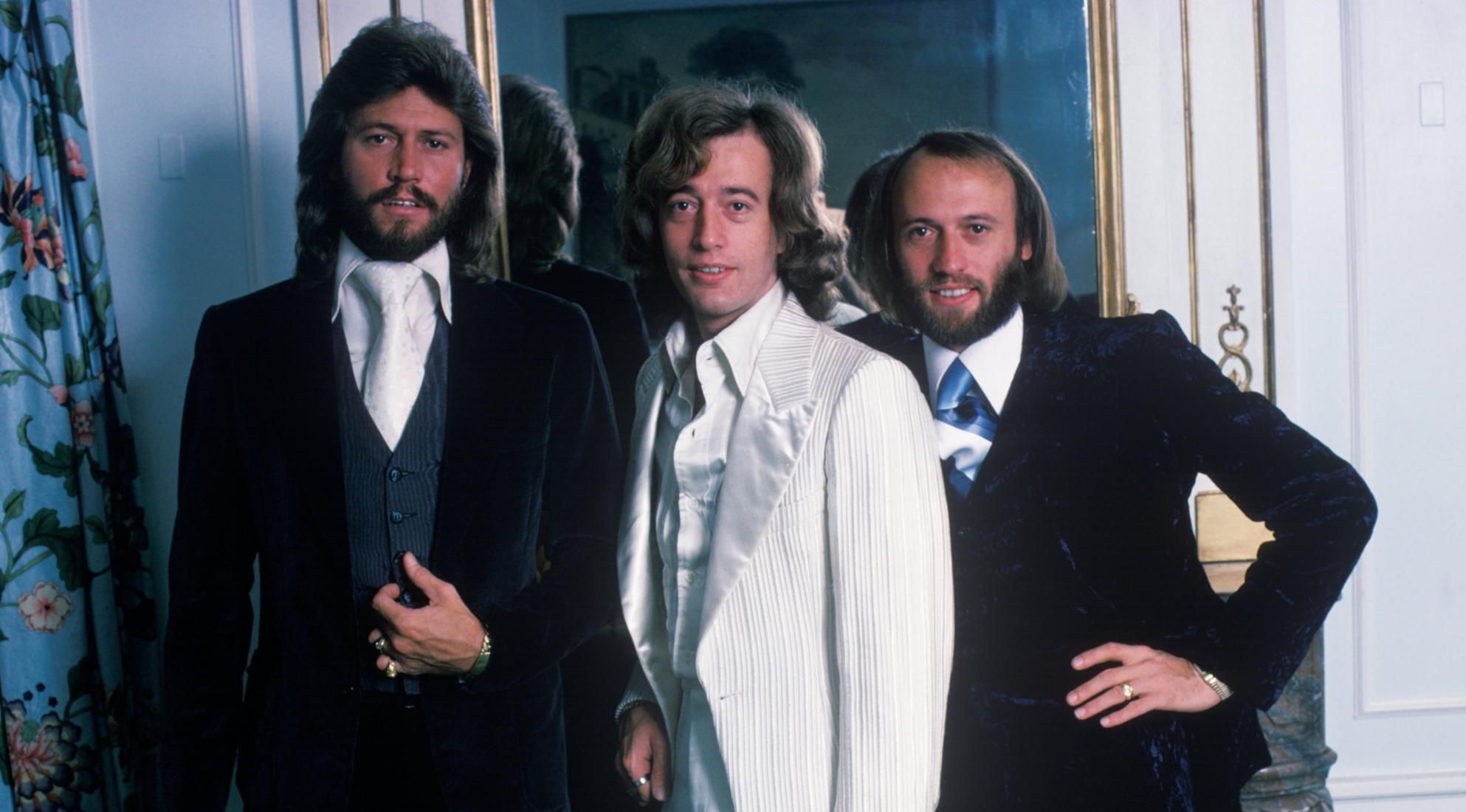
“Fanny (Be Tender With My Love)” is the Bee Gees’ soft-spoken plea for gentleness—an R&B lullaby that asks for care not as weakness, but as survival.
Here are the anchor facts, because they tell you exactly where this record stood when it first stepped into the light: “Fanny (Be Tender With My Love)” was released as a single in January 1976 on RSO, drawn from the Bee Gees’ 1975 album Main Course. In the United States it peaked at No. 12 on the Billboard Hot 100, and in Canada it rose even higher—peaking at No. 2 on the RPM Top Singles chart (and reaching No. 1 on Canada’s Adult Contemporary chart). In the U.S. Adult Contemporary world, it also reached the Top 10, peaking at No. 9. And if you want the “at debut” detail: it entered the Billboard Hot 100 in late December 1975 (a reminder that radio often pulls a song forward before the calendar agrees).
But charts, however comforting, can’t explain why “Fanny (Be Tender With My Love)” still feels like warm hands around a cold cup. The real story begins in Miami, at Criteria Studios, with producer Arif Mardin—the same room where Main Course helped the group pivot toward a silkier, more R&B-inflected sound. The recording dates are unusually specific—January 30, and February 17 & 19, 1975—and those numbers make it feel less like “a song from the disco era” and more like a particular set of nights, carefully built layer by layer.
And yes—the title that has made people smirk for decades has an almost domestic, human origin. In a later Billboard interview, Barry Gibb explained that while they were staying at 461 Ocean Blvd. in North Miami Beach during the making of Main Course, they had a housecleaner named Fanny. They already had the lyric idea “be tender with my love,” and Maurice—spotting her—suggested it would land more naturally if it were addressed to a woman by name. It’s a small anecdote, but it tells you something essential about the Bee Gees: even their most immaculate studio creations often began with ordinary life walking into the room.
What makes the record extraordinary is how it sounds like tenderness in motion. The verses arrive with a hush—almost as if the singer is careful not to wake the pain. Then the chorus opens, not in triumph, but in surrender: the kind where you finally admit you need kindness, and you can’t pretend anymore that you’re fine. That’s the emotional genius here—“Fanny (Be Tender With My Love)” doesn’t dramatize heartbreak; it softens it, and asks the listener to soften with it.
Technically, it’s also a signpost. The song sits right on the bridge between eras: you can hear the classic Bee Gees gift for romantic drama, but you can also hear the new vocabulary they were learning—American soul phrasing, deeper groove, and those increasingly intricate stacks of harmony. Part of that evolution is vocal: sessions like these captured Barry leaning harder into falsetto as a lead color, with Robin also moving between textures—foreshadowing the vocal architecture that would later feel inseparable from their late-’70s identity. Even the key change has its own behind-the-scenes confession: keyboardist Blue Weaver later acknowledged the modulation was inspired by Hall & Oates’ “She’s Gone”—another Mardin-produced piece of Philly-influenced heartbreak.
Critics at the time heard the promise, too. Cash Box praised it as a “soulful composition,” suggesting it could be yet another major hit in the run coming off Main Course, while Record World pointed to that familiar “heavenly harmony” signature returning in full glow. And yet the band largely avoided performing it live—precisely because the studio recording is so thickly layered that reproducing it onstage would have meant losing the very thing that makes it feel like velvet.
So what does it mean, in the end—beyond the title, beyond the charts? It’s a love song where the bravest line is the quietest request: be gentle. Not because love is fragile like glass, but because people are fragile like people. The song understands that the deepest romances aren’t always fueled by fireworks; sometimes they’re held together by tone of voice, by patience, by the choice to touch a wounded place carefully. And that’s why, when “Fanny (Be Tender With My Love)” drifts out of an old radio memory, it doesn’t feel like nostalgia as decoration. It feels like a truth that never really went out of style—only waited, politely, for someone to need it again.